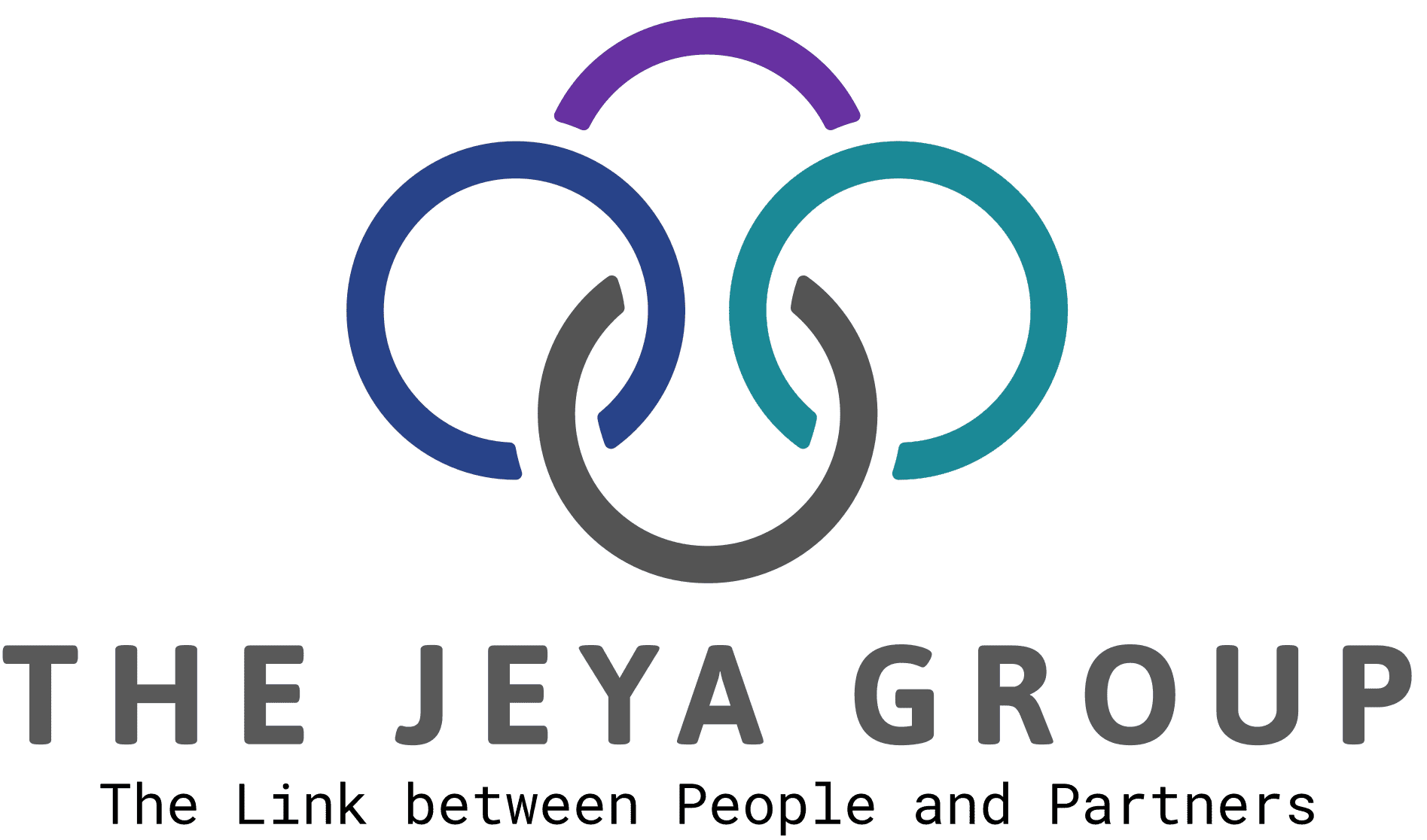
When a hiring manager, recruiter, investor or potential partner asks you how you handle frustration and anger: what will you say? Of course, I recommend the truth, so you might have to be really picky about the example you choose to share.
 After all, you’re not being asked about every instance where you lost your temper. You get to choose one. Choose wisely.
After all, you’re not being asked about every instance where you lost your temper. You get to choose one. Choose wisely.
It will pay off if you have a particular situation in mind, with an answer you’ve practiced so your rage gene doesn’t provoke your Incredible Hulk response. No one wants to hire a mean green menace, although we know that even a softy like Shrek has his limits.
Start your discovery process by meditating a bit on what’s recently frustrated or irritated you. You might also want to focus on an inanimate object, like when your car battery died on the way to the airport or your phone update wiped out all your photos. Focus on what happened, what you did to calm yourself down, how you took care of the situation and what you learned from it. Got that?
- What happened?
- How did you return to a calm, problem-solving state of mind?
- What did you do to take care of the situation as quickly and effectively as possible?
- What did you learn from the experience?
Your personal brand is at stake here, because we all get angry, irritated, frustrated, and worse. So, you want to communicate that you’re human and get upset. But, you also want to be seen as a person who is really effective, able to acknowledge difficult feelings and recover from them quickly.
This is a great time to showcase that your personal brand includes resilience and recovery from failure. You also want to make it clear that you are someone who learns from mishaps, and takes responsibility by having alternative plans whenever possible.
Can you see how this tough question is actually a gift to you as you reveal the nature of your personal brand? Can you see how this moment allows you to show some of your best qualities?
Here’s an example, from my client Dylan. He starts off his answer with a smile – a little bit rueful and a little self-deprecating. That smile is contagious, and the recruiter will smile, too. And, those smiles increase Dylan’s likability! Pretty good for Dylan’s personal brand from the get-go. Here’s what he says:
I wish I were a better mechanic, since I really love the Mustang my dad handed down to me. It’s a classic, which means not every repair shop has the parts that seem to wear out or give out pretty regularly. A few months back, the car stalled on the freeway during morning rush hour traffic. I was horrified. I was that guy that you hear on traffic reports: car stalled in the middle lane of the 405 and stopping traffic all the way back to the airport. I was so angry at myself for making me and all these people late for work. I’m a Triple A member, so I called them immediately and they got me out of there. That day I made the decision to keep the car only for weekend trips with my dad, who really is a great mechanic. And for workdays, I bought a brand new subcompact that gets about 40 miles a gallon. It’s much cheaper on gas than the Mustang and perfectly reliable. It was a good lesson for me: to choose efficient and effective over sentimental, when it comes to machinery. Next time I’m mentioned on the radio, I’d like it to be about something good I’ve done.
Can you see how Dylan’s personal brand now includes good decision-making? Can you see how he used the opportunity to talk about his dad and the time they spend together? Can you see how his good humor comes through?
What can you say that let’s a recruiter know that you can handle your anger or other negative feelings, and use them to your own and the company’s advantage?
Do you want to know if you have an anger problem? I have a self-graded assessment you can have for free. Just email me at Nance@NanceRosen.com. Subject line: Anger.





